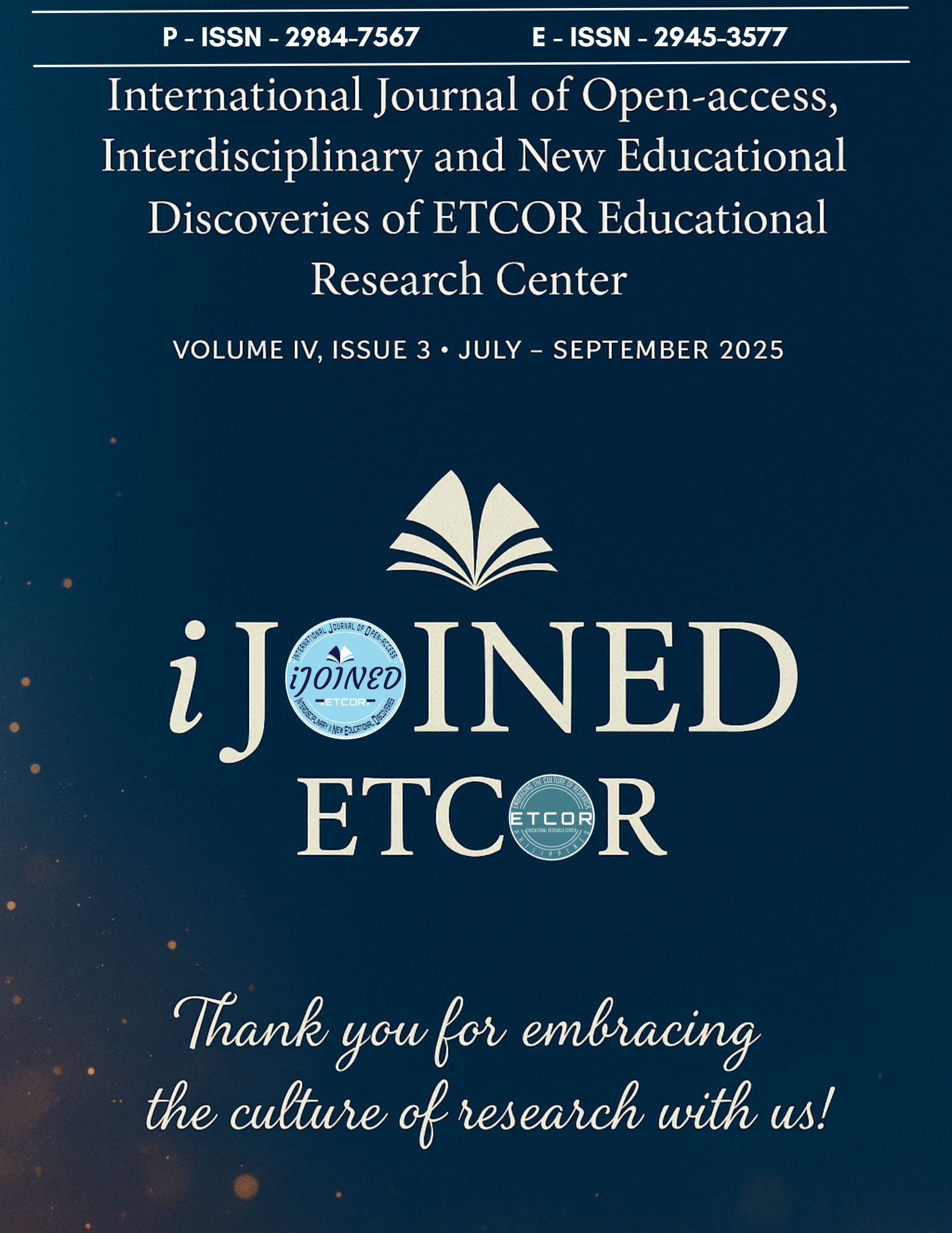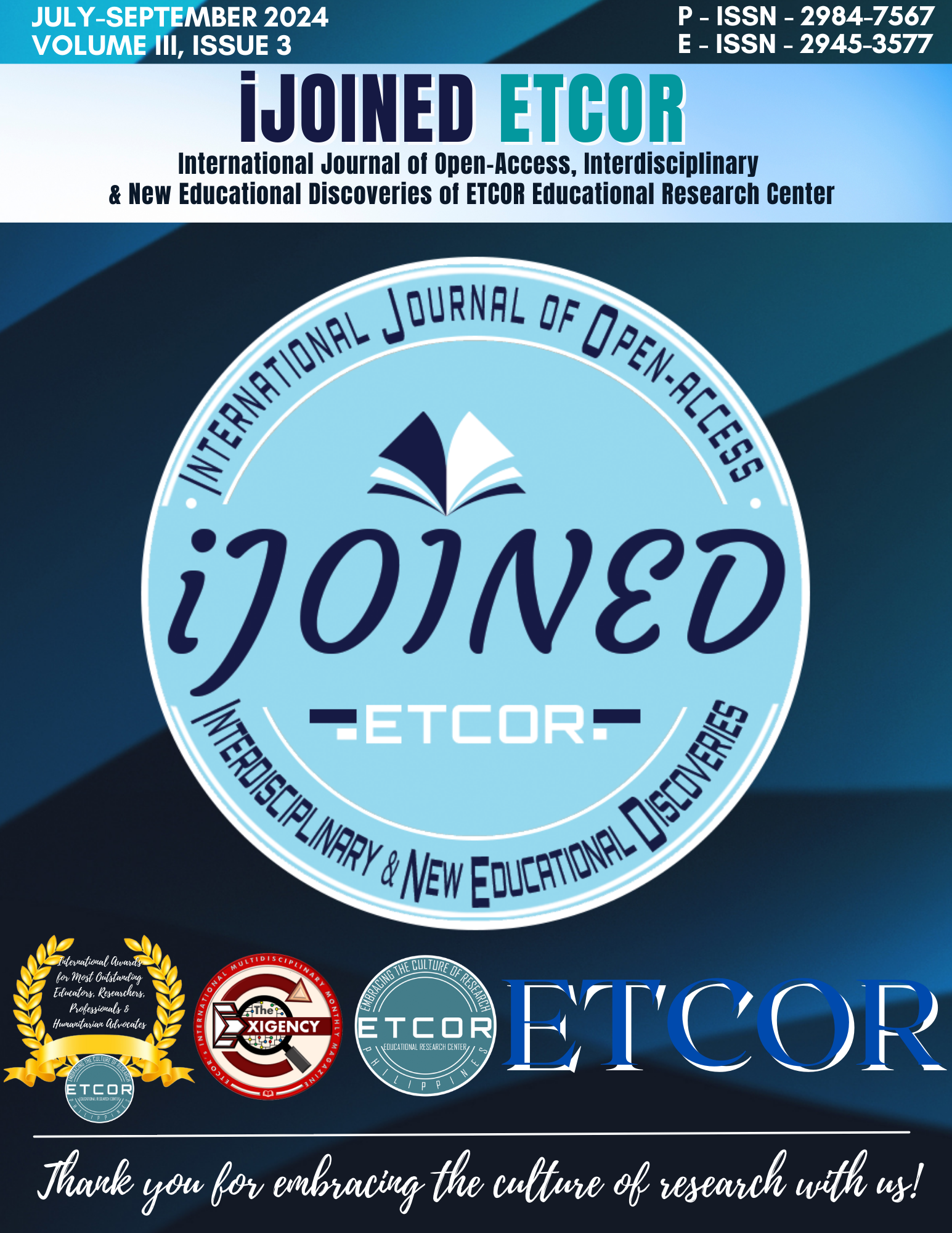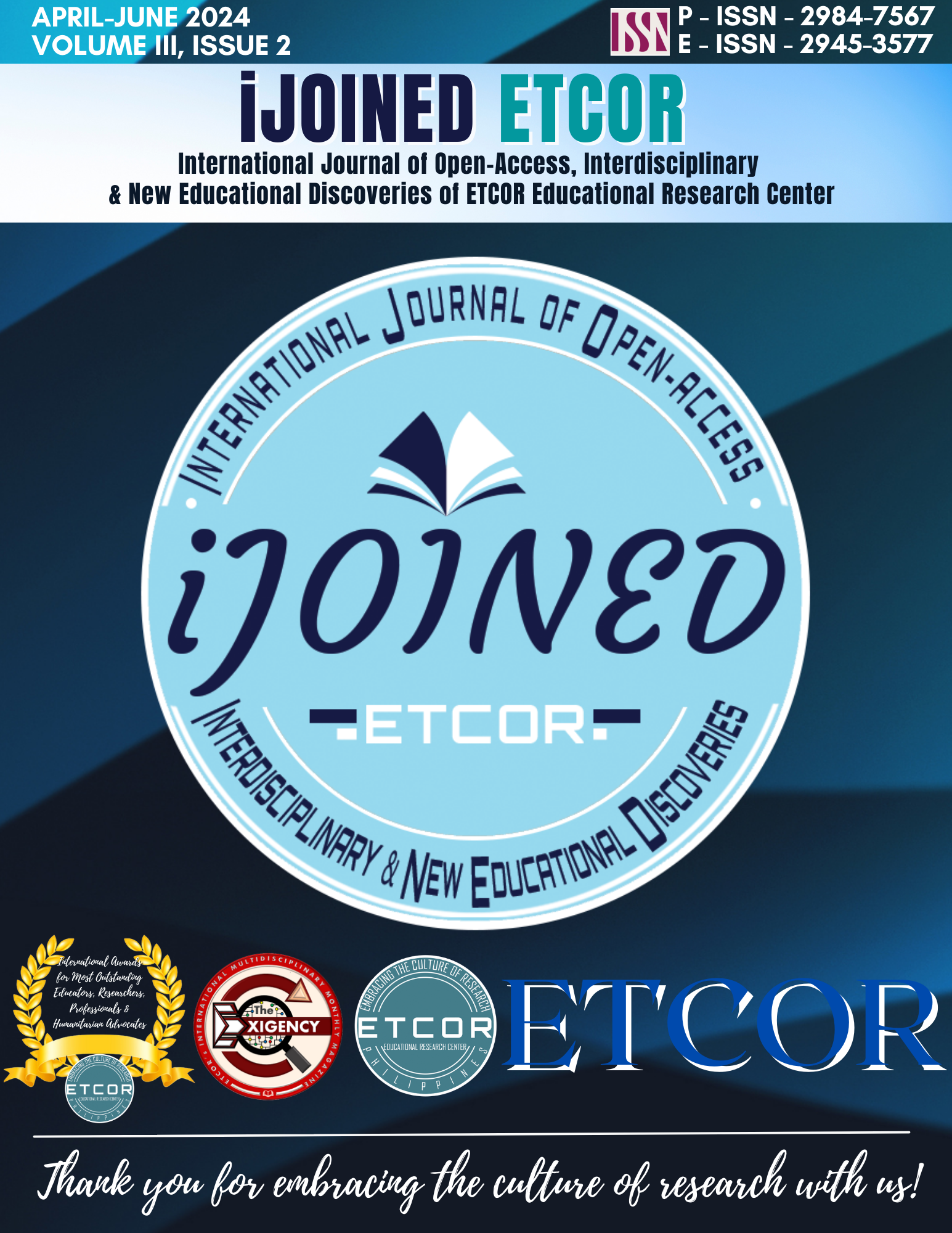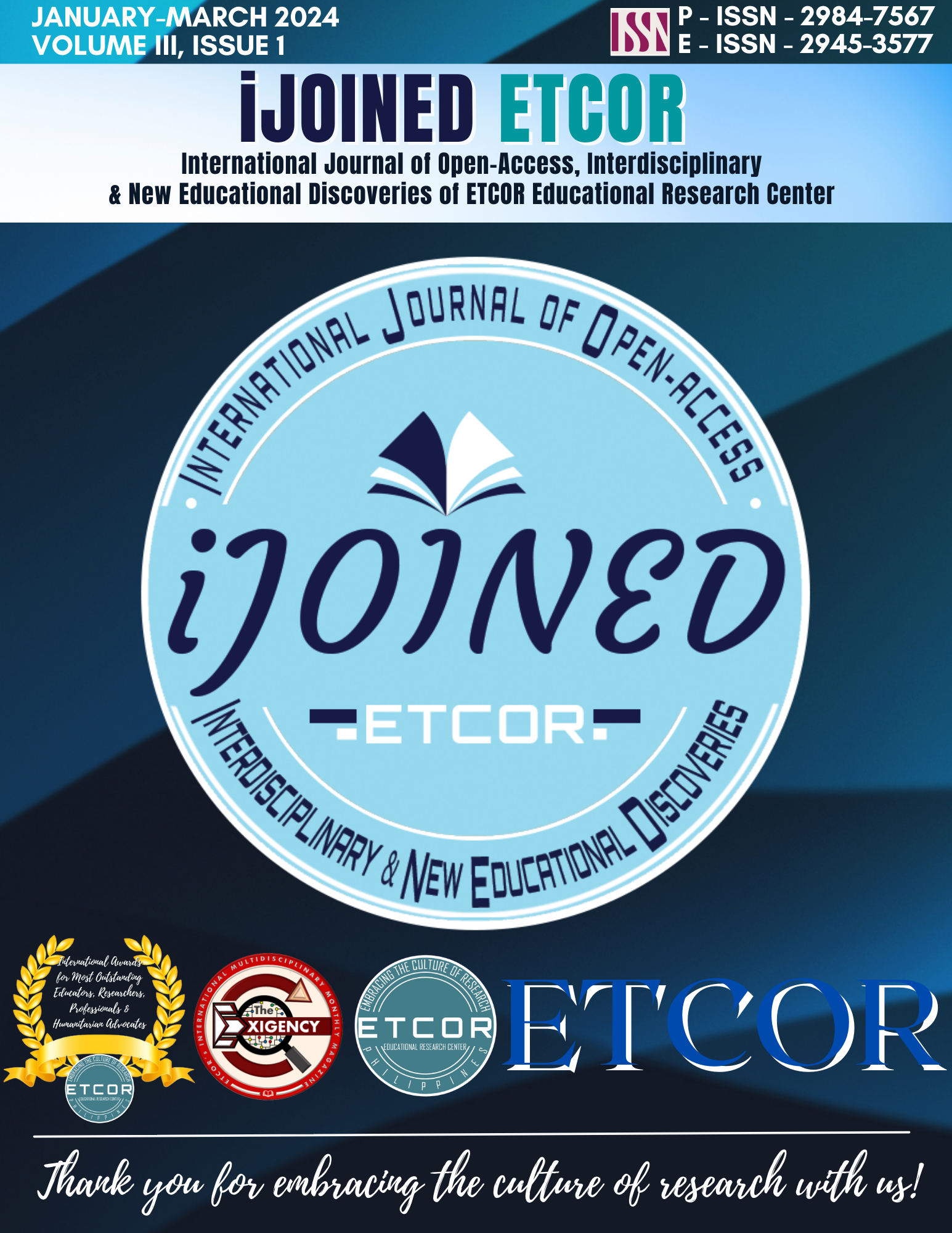International Journal of Education, Learning, and Pedagogical Sciences (INJELPS)

International Journal of Education, Learning, and Pedagogical Sciences (INJELPS)
Print ISSN: 3116-3769
Electronic ISSN: 3116-3777
About the Journal
The International Journal of Education, Learning, and Pedagogical Sciences (INJELPS) is a scholarly, open-access,quarterly, peer-reviewed, international print and online research journal dedicated to the advancement of knowledge in education, learning sciences, pedagogy, curriculum studies, and educational leadership. INJELPS serves as a global platform for educators, researchers, school leaders, policymakers, and academic practitioners to disseminate high-quality empirical, theoretical, and practice-based research that contributes to the improvement of teaching and learning across diverse educational contexts. The journal is committed to maintaining rigorous scholarly standards, ethical research practices, and global visibility through international indexing, Crossref DOI registration, and print and electronic ISSN accreditation.
Facebook Page: https://www.facebook.com/profi...
Submit Study: https://tinyurl.com/INJELPS
Templates: https://tinyurl.com/TemplatesI...
Aims and Scope
Aims
INJELPS aims to:
- Promote innovative, evidence-based research in education and learning sciences
- Advance theoretical and practical understanding of pedagogy across levels of education
- Provide a venue for global and comparative educational studies
- Support educational leadership, policy development, and curriculum reform
- Foster interdisciplinary dialogue linking education with psychology, technology, sociology, and policy studies
Scope
The journal welcomes original research articles, systematic reviews, conceptual papers, and practice-based studies in, but not limited to, the following areas:
- Teaching and learning sciences
- Curriculum development and evaluation
- Educational leadership and school management
- Teacher education and professional development
- Assessment, measurement, and evaluation
- Educational psychology and learner development
- Technology-enhanced learning and digital pedagogy
- Inclusive education and special education
- Higher education, basic education, and lifelong learning
- Comparative and international education
- Education policy, reform, and governance
Publication Frequency and Format
- Frequency: Quarterly (4 issues per year)
- Formats: Print and Online
- Review Type: Double-blind peer review
- Identifiers:
- Print ISSN
- Electronic ISSN
- Crossref DOI assigned to all published articles
Submission Guidelines
Author Guidelines / Instructions to Authors
Manuscripts are received with the understanding that they contain original scholarly work that has not been previously published nor is under consideration for publication elsewhere.
Authors must submit manuscripts through https://tinyurl.com/INJELPS
For manuscripts with two or more authors, the corresponding author must submit the manuscript on behalf of all co-authors.
For inquiries, authors may contact:
- ETCOR Mobile: 0939-202-9035
- Email: embracingthecultureofresearch@gmail.com
Funding Disclosure
All authors must disclose all funding sources or financial support, if any, related to the research.
With regard to research submitted for possible publication, authors must ensure that they follow the journal format, including the template, header, footer, font size and font style. Author/s must download and follow the sample manuscript found via this link: https://tinyurl.com/TemplatesI... Kindly reduce the manuscript to 10-12 pages only, including the References. Kindly choose only the most salient parts of the paper
Additionally, kindly comply with the following:
- Academic Significance, Contribution to Discipline or Community, Technical Novelty
- English Usage (or Filipino, as may be applicable)
- Use past tense consistently since the study is already completed.
- Avoid first-person point of view (“I,” “we”); instead, maintain a third-person scientific tone.
- Avoid contractions; spell out complete words to retain formality.
- Provide English translations for words, terms, or items not understandable to international readers.
- Abstract The abstract should follow the journal’s prescribed format and accurately reflect the study’s major components. Ensure that it correctly presents the aim, methodology, key findings or results, and conclusion in a concise and logical manner.
- Introduction / Background of the Study
- Present a clear rationale or background from the global to Philippine/local contexts.
- Show the trends and issues related to the study, supported with recent and relevant citations (2021–2026 preferred).
- Identify and explain the research gap/s, highlighting why the present study is necessary and how it differs from prior works.
- Statement of the Problem, Research Objectives and Research Questions
The Statement of the Problem, Research Objectives and Research Questions must be clearly, explicitly, and logically stated.
- The statement of the problem is a detailed explanation of the issue, gap, or challenge that the study seeks to address. It frames the context and justifies why the study is necessary, usually written in declarative form as a narrative or paragraph. Its purpose is to highlight the significance, scope, and urgency of the study, providing a broad and contextual background of the issue at hand. For example, a study may state: “Despite government programs, many senior citizens in rural areas experience delays in receiving social pensions, raising concerns about accessibility and efficiency.”
- The research objectives represent the specific aims or intentions of the study, focusing on what the researcher seeks to accomplish. These are written in infinitive form such as “To determine…” or “To examine…,” ensuring that the targets are clear, measurable, and achievable. Unlike the broad statement of the problem, objectives are narrower and centered on actionable outcomes. For instance, a general objective could be “To assess the implementation of the Social Pension Program in Balbalan, Kalinga.” This may be broken down into specific objectives, such as: (1) To determine the accessibility of the program, (2) To examine its impact on beneficiaries, and (3) To identify challenges faced in its implementation.
- The research questions are the interrogative form of the objectives, expressed as direct questions the study seeks to answer. They are usually written in formats such as “What is…?” or “How does…?” and serve the purpose of guiding data collection and analysis by pointing to specific inquiries. Research questions are even more specific than objectives, as they operationalize the study’s goals into answerable items. Using the same example, the research questions could include: RQ1: How accessible is the Social Pension Program to senior citizens in Balbalan? RQ2: What impact does the program have on the beneficiaries’ quality of life? RQ3: What challenges hinder the effective implementation of the program?
- Review of Related Literature and Studies
- Avoid outdated sources (1–2 decades old) for dynamic or evolving concepts.
- Do not use sources with “no date (n.d.).”
- Ensure citations are aligned with the arguments and logically linked to the study.
- There must be a clear synthesis at the end of the RRLS that captures key insights, connects the reviewed works, and justifies the need for the present study.
- Theoretical and/or Conceptual Framework
- Research Methodology (Research Design, Population and Sampling, Instrument, Data Collection, Treatment of Data, Ethics in Research)
- Research Design: Describe what design was used, how it was applied, and why it was the most suited.
- Population and Sampling and Other Source/s of Data: Provide the exact number of participants/respondents, how and why they were selected. If you used other source/s of data (documents, policies, other contents), describe each document, how each was accessed, and why each is needed in the study.
- Instrument/s: State whether the instrument was adopted or researcher-made. Describe its validation process, including the qualifications of validators.
- Data Collection: Focus on how, when, and where the data was collected. Do not include ethics approval here.
- Treatment of Data: Clearly describe the methods of data analysis or statistical treatment. For qualitative analysis, avoid generic discussions (e.g., what thematic analysis is according to authors). Instead, show how the method was applied in your study.
- Ethical Considerations: Include ethical approval, informed consent, and permissions here, not in other subsections.
- Avoid “chop-suey” writing (mixing unrelated topics).
- If the study used a mixed-method approach, discuss both parts separately (quantitative and qualitative)—design, participants, instruments, data collection, treatment of data, ethical considerations—and explain how the two sets of data were integrated.
- Use plural (“researchers”) consistently if the paper has co-authors.
- Results and Discussion
- Present results clearly, logically, and aligned with the research questions.
- Support findings with relevant and recent literature.
- Integrate discussion immediately after each result to enhance coherence.
- Conclusions and Recommendations
The paper should demonstrate importance to the academic community or to research in general. It must offer a material contribution to its discipline and present novel or unique ideas that may be useful to the community. Clearly show the research gap, why there was a need to investigate the present study, and how it is different from previous works.
The manuscript must adhere to the rules of grammar and language usage, whether in English or Filipino.
The introduction must:
This section must include sufficient, relevant, and up-to-date references to support the rationale and conduct of the research.
An appropriate theoretical and/or conceptual framework must be presented to anchor the study.
The methodology section should be well-structured, detailed, and properly organized. Each subsection should only contain content appropriate to it:
Important Reminders:
- Conclusions must be logically drawn from the study’s findings.
- Recommendations should be specific, actionable, and relevant to the results. Avoid generic statements.
- References (APA 7th Edition)
References must strictly adhere to APA 7th edition. Authors must review their entire manuscript carefully:
- Ensure proper formatting (e.g., italicizing journal names, use of “&” vs. “and,” correct application of et al., punctuation, spacing, quotation marks).
- All in-text citations must appear in the References list and vice versa. No mismatches allowed.
- Avoid old references; prioritize recent ones.
- If a citation was included but missing in the References, update it properly (do not erase it without explanation). Similarly, remove unused entries from the References list.
- The paper will not be published if even one citation/reference entry is non-compliant.
APA 7th requires:
· All sources listed in the References Section must match 100% with the actual sources used in the entire manuscript, and all sources cited in the entire manuscript are reflected in the list of sources in the References section.
- Author/s should provide a link to every research article or literature/document, where we can find the journal or document, or best, where we can find the specific research article/document. Must provide the DOI for it, or URL if the journal is not yet DOI accredited, or link to the document.
· Arranged alphabetically regardless of classifications (Do not categorize or classify if books, or journals, or other documents. Just arrange alphabetically all sources)
· Used hanging indent.
· Author(s) last name, initials.
· Year of publication in parentheses.
· Title of article in sentence case (only first word, proper nouns, and first word after a colon capitalized).
· Journal titles in italics and title case.
· Volume numbers italicized; issue numbers in parentheses (not italicized).
· Page ranges given without extra words.
· DOI formatted as URL (https://doi.org/...).
· Retrieval statements are used sparingly (only when content is likely to change).
· For secondary sources, only the work actually consulted (the secondary source) is included in the References list; the original source cited indirectly (e.g., “as cited in”) must not be listed unless it was directly read by the author.
- Acronyms and Abbreviations
Always define acronyms upon first mention in the manuscript. Do not assume that readers will automatically know them.
Authors are also required to submit a duly signed Authorship and Contribution Declaration Form, which can be accessed via this link: https://tinyurl.com/TemplatesI...
Review Process
Upon receipt, authors receive an acknowledgment email.
Manuscripts not following the journal template will be returned. Compliant manuscripts undergo:
- Initial screening by the Associate Editor
- Plagiarism check
- Double-blind peer review by two subject-expert reviewers
Review decisions may be:
- Publish unaltered
- Accept after minor revisions
- Accept after major revisions
- Reject
In cases of split reviewer decisions, a third reviewer will be assigned. Authors are given two weeks for revisions. Final decisions are made by the Editor-in-Chief.
Publication Policies and Ethics
Changes to Authorship
Authors retain copyright under a licensed agreement and may archive:
- Pre-print
- Post-print
- Publisher’s PDF
Conflict of Interest
All authors must disclose any actual or potential conflicts of interest.
Article Retraction
Retractions may occur due to ethical violations such as plagiarism, duplicate submission, or data fabrication. Retraction fee: PHP 6,000 (USD 120)
Article Withdrawal
Withdrawal after completion of review and editorial processing incurs a fee of: PHP 6,000 (USD 120)
Article Removal
Articles may be removed only under legal or safety circumstances.
Additional Information
- Call for Research Articles: Rolling basis
- Application for Peer Reviewers and Language Editors: Open
- Publication Charges and Discounts: Available for ETCOR Research Consultants and External Reviewers
- Indexing and Archiving: International databases and institutional repositories
- Editorial Board: International and multidisciplinary
Editor’s Note
International Journal of Education, Learning, and Pedagogical Sciences (INJELPS)
It is with great pride and enthusiasm that we present the maiden issue of the International Journal of Education, Learning, and Pedagogical Sciences (INJELPS). This inaugural publication marks an important milestone in ETCOR’s continuing commitment to advancing high-quality educational research that informs theory, policy, and practice across diverse global contexts.
Education remains at the heart of societal transformation. As learning environments evolve in response to technological advancements, shifting learner needs, and complex global challenges, the need for rigorous, ethical, and impactful educational research has never been more urgent. INJELPS was established to serve as a scholarly platform where such research can be critically examined, shared, and translated into meaningful educational action.
INJELPS welcomes empirical, theoretical, and practice-based studies that contribute to the understanding of teaching and learning across all levels of education. From early childhood to higher education and lifelong learning, the journal recognizes that effective pedagogy is both context-sensitive and globally informed. This maiden issue reflects that diversity through studies addressing curriculum, leadership, learner development, and instructional innovation.
As a peer-reviewed international journal, INJELPS upholds rigorous academic standards through a double-blind review process, strict adherence to publication ethics, and commitment to originality and methodological soundness. Each article published undergoes careful scrutiny to ensure it contributes new knowledge and meaningful insights to the field of education.
The journal also seeks to bridge the gap between research and practice. Educational research achieves its fullest value when it informs classroom instruction, institutional leadership, and policy development. INJELPS therefore encourages submissions that demonstrate clear implications for educators, school leaders, curriculum developers, and policymakers.
This maiden issue is a testament to the collaborative efforts of authors, reviewers, editors, and language specialists who share a common vision of scholarly excellence. Their collective dedication has shaped a publication that aspires to meet international indexing standards while remaining responsive to local and regional educational realities.
INJELPS is intentionally positioned as a global journal. By welcoming contributions from researchers across different countries and educational systems, the journal promotes comparative perspectives and cross-cultural dialogue. Such diversity enriches scholarly discourse and deepens our collective understanding of education as a universal yet context-bound endeavor.
The journal is equally committed to nurturing emerging scholars and practitioner-researchers. INJELPS recognizes the importance of providing a supportive yet rigorous platform where early-career researchers can engage with established scholars, refine their work, and contribute confidently to the international research community.
As we launch this first issue, we reaffirm our commitment to ethical publishing, transparency, and continuous improvement. INJELPS will evolve alongside developments in education and research methodologies, ensuring that it remains relevant, credible, and impactful in the years to come.
On behalf of the Editorial Board, we extend our sincere gratitude to all who contributed to this maiden issue. We invite researchers, educators, and academic leaders worldwide to join us in shaping future issues of INJELPS as we collectively advance knowledge, innovation, and excellence in education.
Richard D. Sanchez, LPT, PhD, Editor-in-Chief
International Journal of Education, Learning, and Pedagogical Sciences (INJELPS)
Editorial Board:
Editor-in-Chief
- Dr. Richard D. Sanchez
Graduate School Research Professor, John B. Lacson Foundation Maritime University (Arevalo), Inc., Iloilo City, Philippines
Associate Editors
- Dr. Imelda M. Flores – Curriculum and Instruction
- Dr. Jonathan R. Villanueva – Curriculum and Instruction
- Dr. Eleanor T. Brooks – Educational Psychology and Learning Sciences
- Dr. Ahmed K. Rahman – Comparative and International Education
- Dr. Lin Wei Chen – Educational Technology and Digital Pedagogy
Managing Editor
- Dr. Edilhynie M. Jambangan
Journal Staff
- Editorial Assistant: Mr. Carlo D. Mendoza
- Copy Editor: Ms. Lorraine P. Villaflor, MA English
- Language Editor: Dr. Emily J. Thompson
- Layout and Production Editor: Mr. Raymond A. Castillo
- Plagiarism and Ethics Officer: Dr. Noel B. Ramirez
- Technical and Web Support: ETCOR Publications Unit
Pool of Peer Reviewers
(International and Multidisciplinary)
- Dr. Rosalina M. Cortez – Teacher Education, Philippines
- Dr. Michael A. O’Connor – Educational Leadership, Ireland
- Dr. Fatima N. Al-Hassan – Curriculum Studies, Saudi Arabia
- Dr. James K. Holloway – Higher Education Studies, United States
- Dr. Priya R. Menon – Learning Sciences, India
- Dr. Luis Alberto Fernandez – Comparative Education, Spain
- Dr. Mei-Ling Wu – Educational Technology, Taiwan
- Dr. Samuel T. Okoro – Education Policy and Governance, Nigeria
- Dr. Katrina L. Bautista – Inclusive Education, Philippines
- Dr. Andrew J. Collins – Assessment and Measurement, Australia

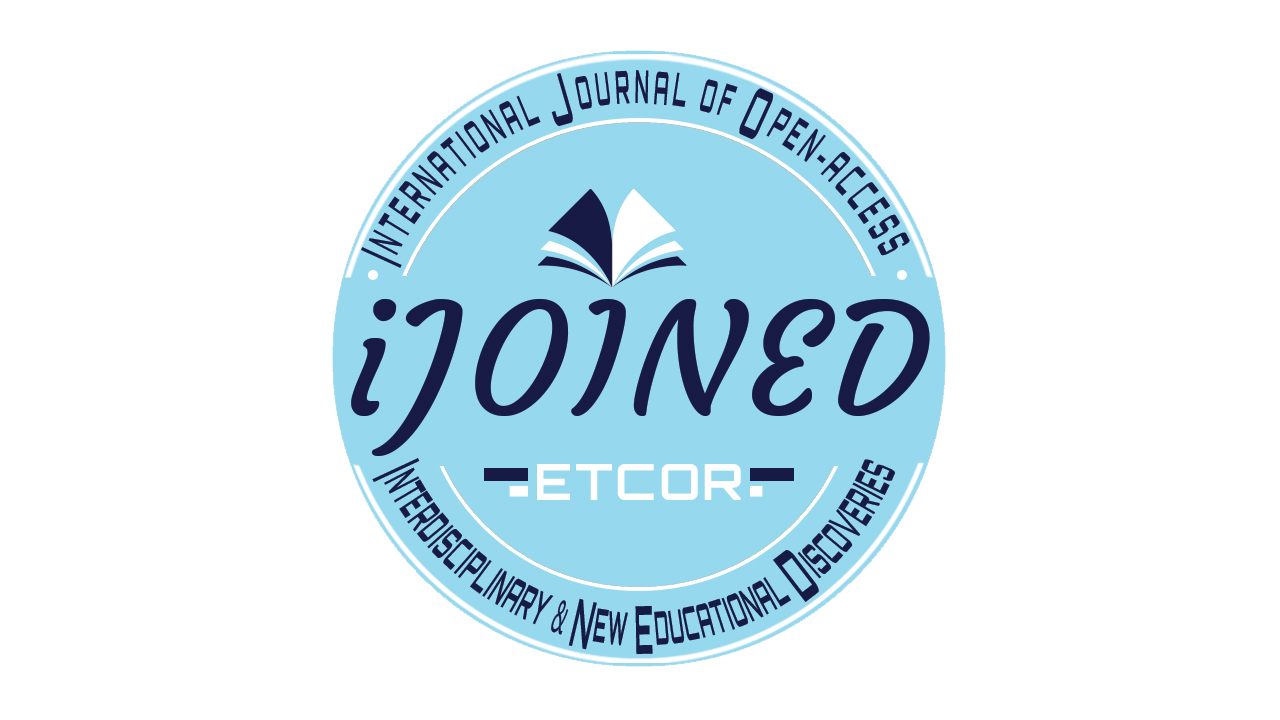

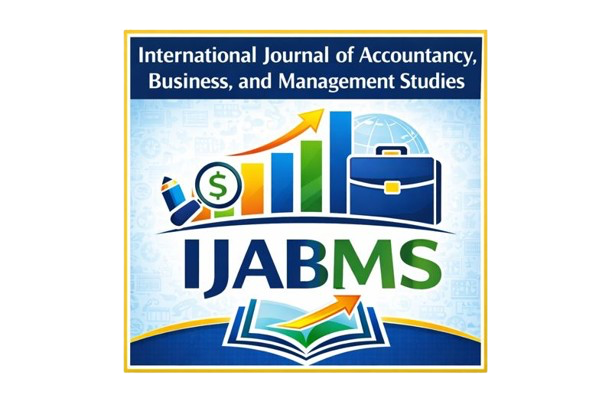

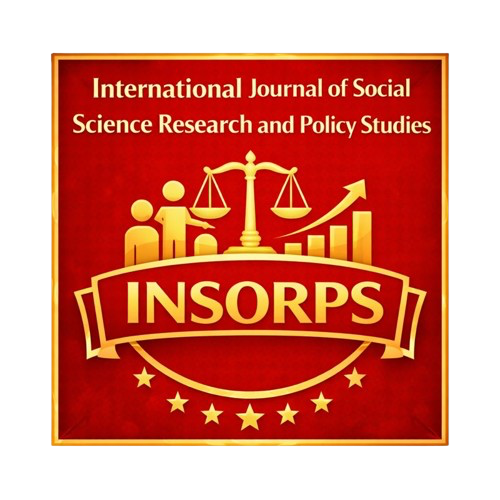




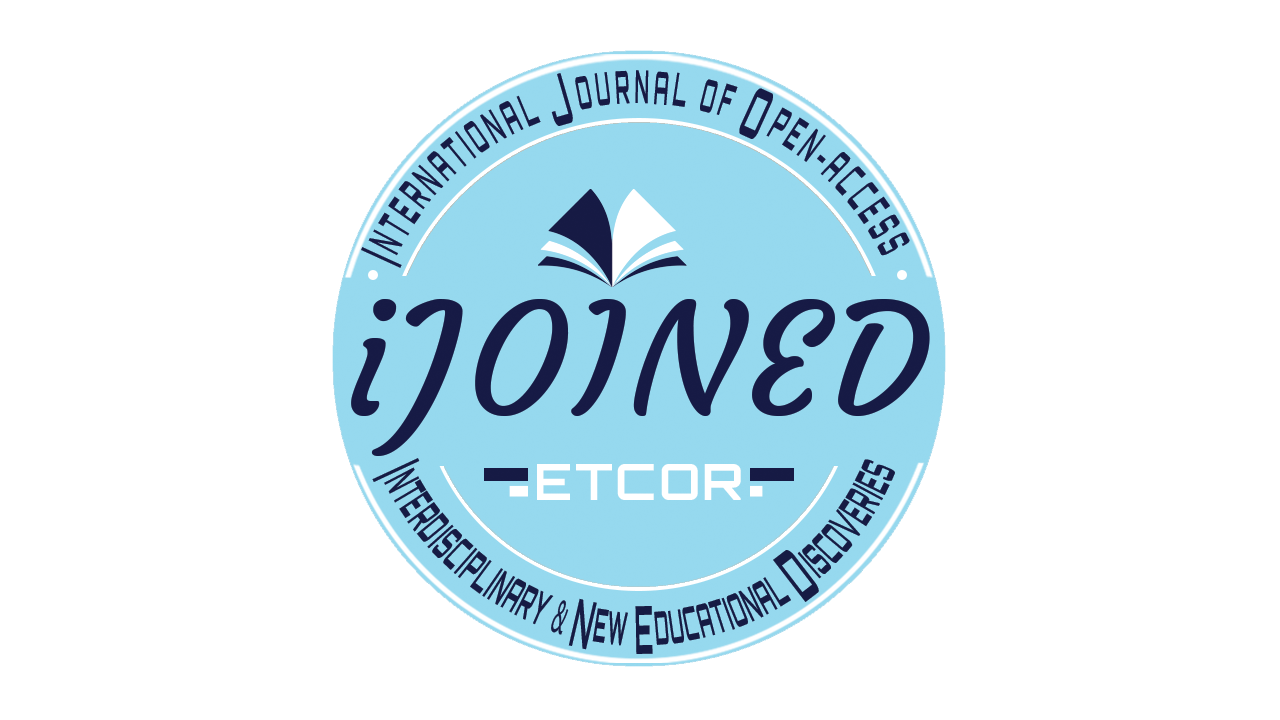









































 Read Full Paper
Read Full Paper
